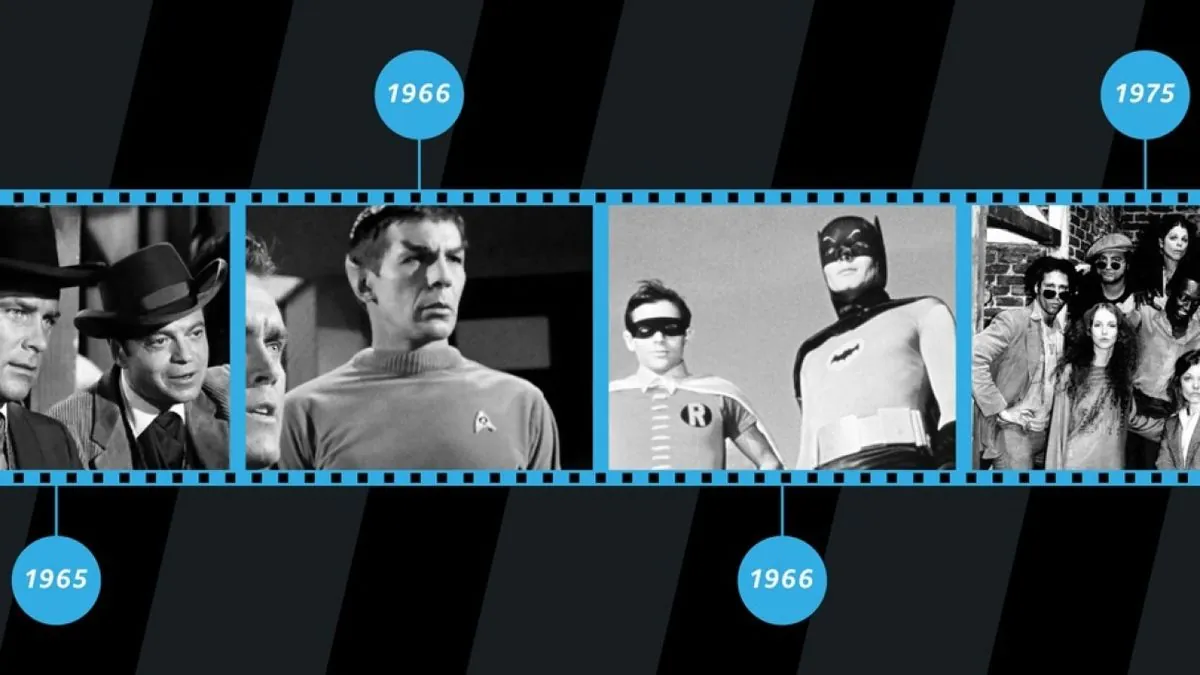TV Comedy Landscape Shifts: Dramas Dominate as Laughs Become Scarce
Comedy shows on TV are declining while dramas surge. Industry data reveals a 7% drop in comedy premieres, contrasting with a 25% rise in dramas. Experts cite global audience preferences and production challenges as key factors.

The television landscape is undergoing a significant transformation, with comedy shows becoming increasingly scarce while dramas continue to flourish. Recent industry data reveals a stark contrast in the production of these genres, with comedy premieres experiencing a 7% decline in 2024 compared to the previous year, while drama series saw a 25% increase.
This shift in the TV comedy landscape has not gone unnoticed by industry professionals. Mike Farah, former CEO of Funny Or Die and now an independent producer, highlighted the challenges faced by comedy creators at a recent Producers Guild of America conference. He stated, "In comedy, the bar has never been higher to get things made."
The reasons behind this trend are multifaceted. Mark Hoebich, executive vice president and head of film and TV at Luminate, points to the global nature of streaming services as a contributing factor. He explains that dramas tend to have broader appeal across international markets, while comedy often relies on culturally specific humor that may not translate well to diverse audiences.

The evolution of comedy on television has been significant since its inception. In the 1950s, shows like "The Honeymooners" and "I Love Lucy" captivated audiences, with the latter being the first sitcom to be filmed before a live studio audience. Fast forward to the 1980s and '90s, and series such as "Seinfeld," "Friends," and "Cheers" dominated the airwaves. Interestingly, "Cheers" faced potential cancellation in its first season due to low ratings but went on to become a beloved classic.
The current state of TV comedy has even prompted commentary from industry veterans. Jerry Seinfeld, creator of the eponymous hit show, expressed his concerns about the scarcity of comedy on television in a recent interview with the New Yorker magazine. He reminisced about the days when viewers could reliably find humorous content on TV every night.
However, it's not all doom and gloom for comedy enthusiasts. Several networks and streaming platforms are still investing in new comedic offerings. ABC is set to bring back the Emmy-nominated "Abbott Elementary" in October 2024, while NBC is promoting "St. Denis Medical" for a November 2024 premiere. CBS is emphasizing its commitment to the genre with four new comedies, and Fox has already renewed its animated comedy "Universal Basic Guys" for a second season.
Netflix, in particular, is expanding its comedic lineup with shows featuring renowned talents such as Ted Danson, Lisa Kudrow, Tina Fey, and Steve Carell. This investment in star power echoes the success of past sitcoms like "The Mary Tyler Moore Show," which broke ground by featuring a never-married, independent career woman as its central character.
"I do think people are craving comedy now more than ever. I think people are feeling disheartened by the world a little bit, and who doesn't want to laugh? It feels good."
The definition of TV comedy itself is evolving. Shows like "The Bear," which runs for 30 minutes and has won Emmys in comedy categories, blur the lines between comedy and drama. This shift reflects a broader trend in television, where genres are becoming more fluid and complex.
As the industry continues to adapt to changing viewer preferences and global market demands, the future of TV comedy remains uncertain. However, with new shows in development and a rich history of successful comedies to draw inspiration from, there's hope that laughter will continue to find its place on the small screen.


































